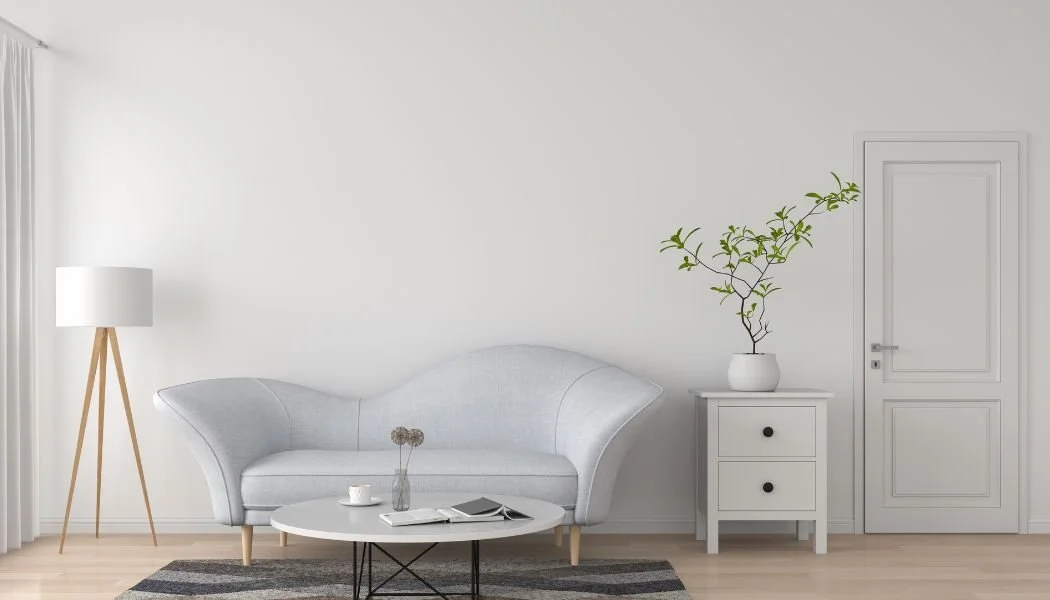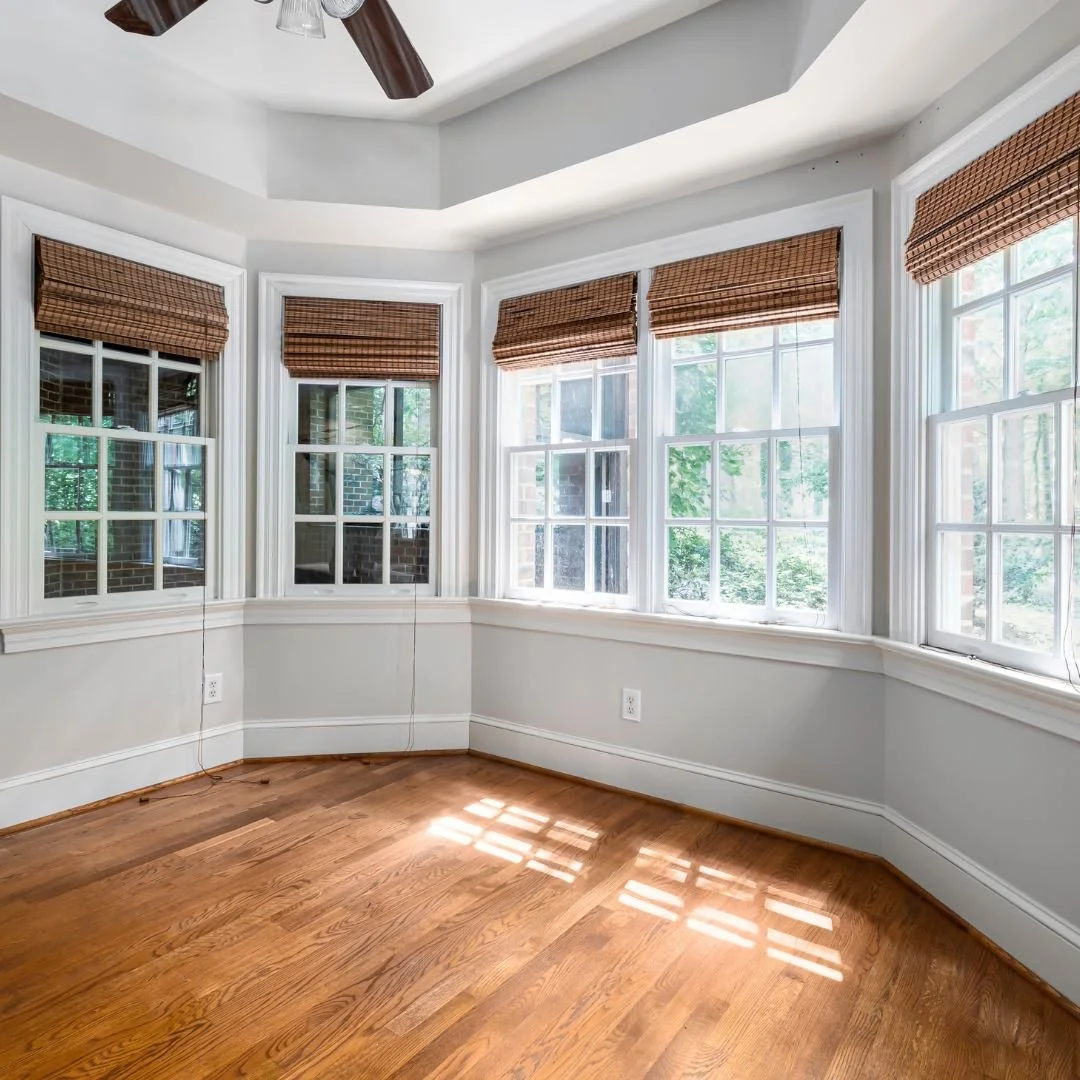Tips for Optimizing Your Living Space to Improve Depression
Learn more about simple steps that you can take to manage your depression from Salyer Counseling Groups team member, Madison Thomas, LMSW. Madison is a therapist that is passionate about making therapy, mental health, and wellness accessible to all. Learn more about her simple steps to better depression management through focusing on your living space below.
Has anyone ever told you that your living space, whether it be a home, an apartment, or a garage studio can be a tool for alleviating your depression symptoms? Sounds wild right? Allow me to explain.
Modern science is catching up with ideas that many Indigenous communities around the world have known for a long time; that wellness involves focusing “holistically on the physical, mental, emotional, and spiritual being” (1). Many communities see their connection to their sacred spaces, both their homes and their land, as integral to their well-being as “sacred places are the foundations of all other beliefs and practices because they represent the presence of the sacred in our lives” (1). Well, where does your bedroom fit into this?
Recent studies have affirmed that a clean, safe, de-cluttered, and personalized space can help improve depression symptoms like insomnia, fatigue, a lack of concentration, low mood, etc (2). Allow me to borrow from modern science and traditional wisdom to share five simple tips for optimizing your space to clear your mind and stabilize your mood.
Declutter.
If you just pictured sliding the contents of your desk into a trash bag, this is not what I am suggesting. However, decluttering your shelves and open spaces by organizing items into accessible drawers, bins, or cubbies can be a helpful project for making space in your environment and mind. A study conducted in 2020 on people across the US confirmed that there is psychological merit to a minimalist design and it “enhances flourishing while alleviating depression” (2).
Greenery.
Nowadays it is trendy to be a “plant parent” and, luckily, this trend is right on par. A study conducted in 2018 contributes to a body of evidence that confirms being around greenery can have a positive effect on our mental health (5). If you’re looking for a simple and aesthetic way to elevate your living space and mood, try picking up a few houseplants at your local grocery store, hardware store, plant nursery, or farmers market.
Prioritize.
Prioritizing art, photos, items, or clothes that are valuable to you in your visible and accessible spaces could help enhance mood and focus. A few ideas could be adding photos of loved ones to your desk or walls, placing your favorite books or games on tables, and integrating artwork from your cultural background or places that are meaningful to you. Enriching your environment is shown to have a positive impact on brain activity (3).
Aromas.
Can you remember ever walking into someone’s home while they were cooking a warm meal and being embraced by the comforting smell? Or walking in nature and taking a long exhale at the smell of pine trees, the ocean air, or fresh grass? When you imagine this experience, do you associate it with feelings of peace or comfort? There’s a reason that you likely do, and it's because “the sense of smell plays an important role in the physiological effects of mood, stress, and working capacity” (4). You can help curate these feelings of ease and positivity in your homes by bringing in pleasing aromas by burning candles, diffusing oils, burning incense, or spraying scented mists.
Optimize space and light.
Your perception of the environment that you reside in can contribute to either the alleviation or continuation of depressive symptoms. One way you can improve your living space without much effort is by considering how you interact with light and utilize the space available to you. Do you open your blinds in the morning to allow your eyes to transition from the darkness to a new day? If you work at home or study, do you do work from your bed or can you open up the space by working from a desk or in a different room? Can you create more room by storing belongings under your bed instead of in the corner? All of these small thoughtful changes can encourage feelings of peace, rest, joy, and comfort in your current space because they change the way you perceive it. I encourage you to thoughtfully consider what adjustments you can make to your living space to make it feel more spacious, brighter, cleaner, and more like you.
By Madison Thomas, LMSW
If you are struggling with depression, our team of competent therapists can help you understand what tools you can integrate into your life to find relief. Our team can provide online therapy and in-person services in our DFW/Arlington therapy office with the option for private pay, sliding scale, and in-network services. Don’t hesitate to reach out today to receive the support you need. We are here to help!



